Movie Genres Explained: A Comprehensive Guide for Film Buffs
The world of cinema is vast and varied, encompassing a multitude of genres that cater to different tastes and moods. From the high-stakes action sequences to the introspective dramas, each genre has its unique characteristics, plots, and styles. Understanding these different genres can enhance your movie-watching experience and help you explore a wider range of films.
Introduction to Movie Genres
Before we delve into the specific genres, it's important to understand what defines a movie genre. Generally, a movie genre refers to a category of films that have certain underlying themes, styles, and narratives in common. These categories are not fixed and can overlap, allowing for cross-genre narratives and hybrid forms.
Movie genres serve several purposes. They help audiences quickly identify the type of film they are about to watch and provide a framework for filmmakers to structure their stories. By adhering to genre conventions, directors can establish thematic and narrative expectations for their audience, which can enhance the storytelling experience.
Main Movie Genres
Let’s briefly explore some of the major genres in cinema:
Action
Action movies revolve around intense physical or emotional challenges and often feature thrilling chase scenes, stunts, and high-octane scenarios. Common themes include fighting, crime, international intrigue, and survival. Prominent examples of this genre include The Bourne Series, Die Hard, and Mad Max: Fury Road.

Drama
Dramas focus on realistic, often serious subject matter, exploring human relationships and psychological nuances. These films aim to evoke emotions and challenge viewers' perceptions. Notable examples include The Godfather, Juno, and Schindler's List. The genre includes subgenres like melodrama, tragedy, and comedy-drama.

Comedy
Comedies aim to entertain and evoke laughter through witty dialogue, physical humor, and absurd situations. They can range from light-hearted rom-coms to satirical social critiques. Some popular comedies include Ghostbusters, No Country for Old Men (which blends into drama), and The Grand Budapest Hotel.

Romance
Romantic films explore love, relationships, and personal growth. They often deal with the complexities of human emotions and interpersonal dynamics. Iconic examples include Notting Hill, Pretty Woman, and Love Actually. Subgenres within romance include romantic comedies, historical romances, and epic romances.

Thriller/Suspense
Thrillers and suspense films create tension and excitement through unexpected twists and turns. These movies often keep the audience engaged with their unpredictable plot developments. Examples include Gone Girl, The Sixth Sense, and Fight Club. Thrillers may also incorporate elements of horror or crime.

Fantasy
Fantastical movies transport viewers to imaginary worlds filled with magic, mythical creatures, and extraordinary settings. This genre often features mythological themes and epic quests. Famous examples include The Lord of the Rings, Congratulations, and Harry Potter. Fantasy can overlap with science fiction and adventure.

Horror
Horror movies aim to scare and unsettle viewers through dark, often violent scenarios and supernatural elements. Classic horror films include Psycho, Scream, and The Exorcist. Modern horror films often blend genres like thriller, supernatural, and psychological horror.

Action vs. Adventure
Action and adventure are closely related genres, yet they differ in their focus. While action is more about thrilling, fast-paced sequences involving stunts, weapons, and combat, adventure films emphasize exploration, discovery, and the journey itself.
Action films typically revolve around characters who find themselves caught up in dangerous situations, require quick thinking and agility, and engage in high-profile confrontations. They often prioritize visual excitement and adrenaline-pumping sequences over long stretches of character development or deep storyline layers. Think of the classic action heroes such as John Rambo, Jack Ryan, or Jason Bourne, all featured in iconic franchises.
Adventure movies, on the other hand, are about the pursuit of something significant, whether it’s finding treasure, unraveling mysteries, or overcoming personal barriers. These films often take place in breathtaking locations and frequently follow the hero on a quest or voyage. They rely heavily on the sense of wonder and excitement that comes from seeing exotic destinations and encountering extraordinary events. Movies like The Indiana Jones series and Jurassic Park exemplify this genre, showcasing both physical peril and intellectual challenges.
Science Fiction and Horror
Science fiction and horror are two rich and expansive genres that draw heavily from the creative potential of human imagination. Both genres often blur lines between reality and the fantastic, making them fertile ground for explorations of the unknown.
In science fiction, films transport us to alternate realities or futures where current technological advancements have drastically changed society. Themes can vary widely, from dystopian futures to utopian worlds, often questioning humanity’s role in the universe. Science fiction films frequently delve into philosophical and ethical dilemmas, pushing the boundaries of what is possible and plausible. Films like Blade Runner, Avatar, and The Martian exemplify the genre’s diverse subgenres, including dystopian, space opera, and post-apocalyptic.
Horror, while sharing some similarities with science fiction in its reliance on the unknown, focuses more on eliciting fear and creating a sense of dread. These films often incorporate supernatural elements and the uncanny. Despite being categorized as entertainment, horror aims to provoke emotional responses that can be visceral and unsettling. Successful horror movies create an atmosphere of unease or terror, using psychological horror, creature features, and supernatural entities to achieve their goals. Notable examples include Halloween, A Nightmare on Elm Street, and The Babadook.
Comedy and Musical
Comedies and musicals both strive to amuse and entertain, but they do so in distinct ways. Comedies often rely on wit, irony, and slapstick humor to elicit laughter. They focus on situations that are absurd, exaggerated, or satirical. Popular comedies include genres like romantic comedies, buddy comedies (like the Deadpool series), and satire (such as Dr. Strangelove).
Musicals, on the other hand, combine dramatic storytelling with song and dance routines. These films use music not only as a form of expression but also to advance the plot and deepen character relationships. Musicals like West Side Story, Annie, and Singing in the Rain have defined the genre with their memorable songs, elaborate dance numbers, and heartfelt storytelling.
Drama and Historical
Dramatic films often delve into complex human relationships, psychological intricacies, and societal issues. They can be deeply emotional and thought-provoking, aiming to resonate with viewers on a personal level. Drama encompasses a wide range of subgenres, including period dramas, domestic dramas, and social dramas. Classic examples include Gone with the Wind, The English Patient, and The Piano.
Historical dramas, meanwhile, are set against a backdrop of real events and figures, often providing insights into past cultures and societal structures. These films can be both educational and entertaining, blending factual history with dramatic reconstruction. Notable historical dramas include Schindler’s List, Bridge of Spies, and Sixth Sense. While they may incorporate fictional elements, historical dramas are rooted in actual occurrences and can offer a window into the past.
Children’s and Animation
Children’s and animated films are designed primarily for younger audiences but can also appeal to adults. Animated films use techniques such as animation, computer graphics, and puppetry to bring stories to life in visually captivating ways. These films often have simpler plots and more straightforward moral messages but can also explore deeper themes through metaphor and symbolism. Examples include Toy Story, Coco, and How to Train Your Dragon.
Children’s films, whether live-action or animated, often focus on the innocence and curiosity of childhood. They can convey messages about friendship, perseverance, and personal growth in a way that resonates with both children and adults. Films like Charlie and the Chocolate Factory, Matilda, and Harry Potter are beloved for their blend of magic, adventure, and relatable characters.
Western
The Western is a genre that focuses on American frontier life, particularly in the early-to-mid-19th century. Characters often include cowboys, Indians, outlaws, and settlers. Themes include lawlessness, conflict, and the transition from wilderness to civilization. Famous classics include Stagecoach, The Magnificent Seven, and Unforgiven.

Film Noir
Films noir are known for their gritty, pessimistic outlooks and are characterized by shadows and stark lighting, urban themes, and a strong focus on crime and corruption. The genre often features characters caught in morally ambiguous situations. Notable works include Double Indemnity, Nightmare Alley, and The Maltese Falcon.

Documentary
While not strictly a genre, documentaries are nonetheless a genre-defining category of film that seeks to present factual information and real-life events. Documentaries cover a wide range of subjects, from historical events to natural phenomena and personal stories. Notable examples include Berlin Alexanderplatz, Fahrenheit 9/11, and Man on Wire.

Documentary and Experimental
Documentaries and experimental films are genres that challenge traditional storytelling forms and push the boundaries of filmmaking. Documentaries aim to provide factual information, insights, and truths, often through interviews, archival footage, and observational techniques. Notable examples include Man on Wire, Exit Through the Gift Shop, and narration of a film.
Experimental films, on the other hand, often explore new techniques and forms of expression that break away from conventional narrative structures. They can include abstract cinematography, non-linear storytelling, and even films that exist purely as installations or performance pieces. Filmmakers like David Byrne and Stan Brakhage have pioneered this style, with works like Lux Rêve and Eraserhead.
Indie and Art House
Indie and art house films are known for their unique storytelling, unconventional methods, and artistic vision. Indie films often operate outside the mainstream Hollywood system, focusing on budgets and stories that might not appeal to wider audiences. Examples include Pee-wee's Big Adventure, Little Miss Sunshine, and Fargo.
Art House films are typically more focused on aesthetic and thematic exploration than commercial success. They often feature complex narratives, innovative techniques, and a deeper engagement with philosophical and existential questions. Films like Mouvement Perpétuel, Spring, Summer, Fall, Winter... and Spring, and La Jetée exemplify the genre.
Sport
Sport films celebrate athletic prowess and often explore the emotional and psychological aspects of sports competition. These films are highly visual and can range from biopics of famous athletes to fictionalized stories. Examples include Rocky, Bend It Like Beckham, and Chariots of Fire. These films often capture the spirit of competition and the resilience of those who participate in various sports.
Bio-Pics and Historical Biography
Biographical films or bio-pics are based on the real lives of historical figures or public personalities. These films often strive for accuracy in telling true stories, though they may take creative liberties for cinematic effect. Examples include Gandhi, Malcolm X, and JFK. Bio-pics can provide both entertainment and a form of educational content, offering glimpses into significant historical events and individuals.
Superhero
Superhero films have become one of the most lucrative and beloved genres in modern cinema. These films center around characters with extraordinary abilities who often fight against evil forces, save the world (or the city), or uphold justice. Marvel and DC comics have dominated this market with franchises like The Avengers and Batman Begins. Superhero films often blend action, adventure, and elements of fantasy with moral and ethical themes.
War
War films tackle the realities and impacts of armed conflict, often featuring battle sequences, political intrigue, and stories about soldiers and civilians. Classic war films include Texas Chainsaw Massacre, Saving Private Ryan, and Dunkirk. These films can be both historically accurate and artistically interpreted, exploring themes of sacrifice, heroism, and the dehumanizing effects of war.
Animation
Animation is a broad category that includes animated films aimed at children, teens, and adults. Traditional animation uses techniques like cel animation, stop-motion, and clay sculptures, while CGI animation relies on digital manipulation. Pixar and Studio Ghibli have produced some of the most iconic animated films, such as Spirited Away, Up, and The Iron Giant. Animation can convey complex narratives and abstract ideas with remarkable creativity.
Experimental Genre
Experimental genre films often challenge traditional storytelling norms and push the boundaries of narrative and form. These films can combine elements from multiple genres or break all genre conventions. Filmmakers like David Lynch and Werner Herzog have created works such as Mullholland Drive and No Country for Old Men. These films are often considered more artistic expressions rather than mainstream entertainment.

Understanding different movie genres enhances our appreciation of cinema and helps us navigate the vast landscape of films available today. Each genre offers a unique perspective and emotional experience, catering to diverse tastes and interests. Whether you’re drawn to the pulse-pounding intensity of action movies, the profound depth of dramas, the whimsical charm of animations, or the thought-provoking complexity of experimental films, there’s a genre for everyone.
As cinema continues to evolve, new genres and hybrid forms will undoubtedly emerge, adding fresh dimensions to the art form. Exploring different genres can broaden your horizons and deepen your connection with the power of storytelling on screen.





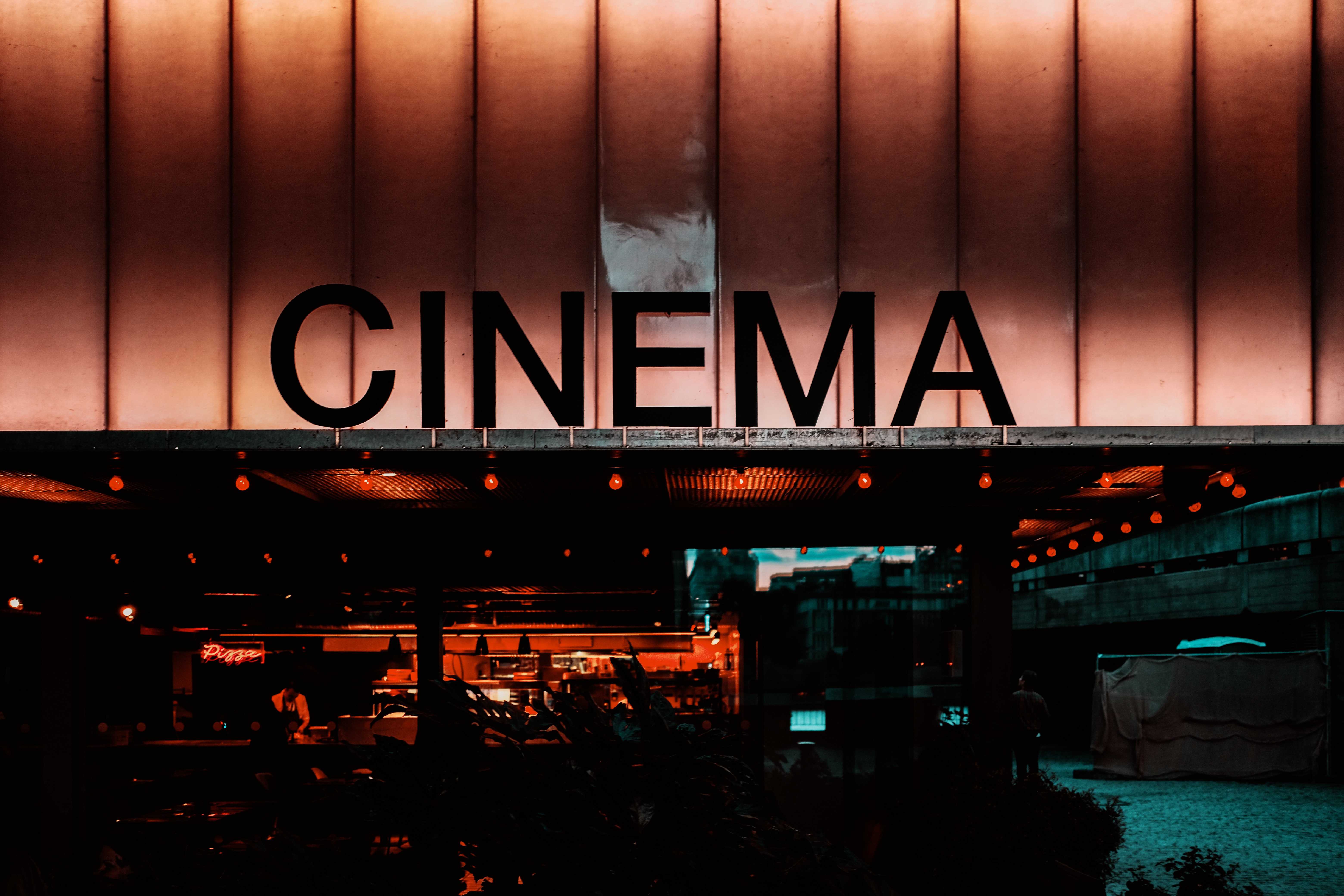


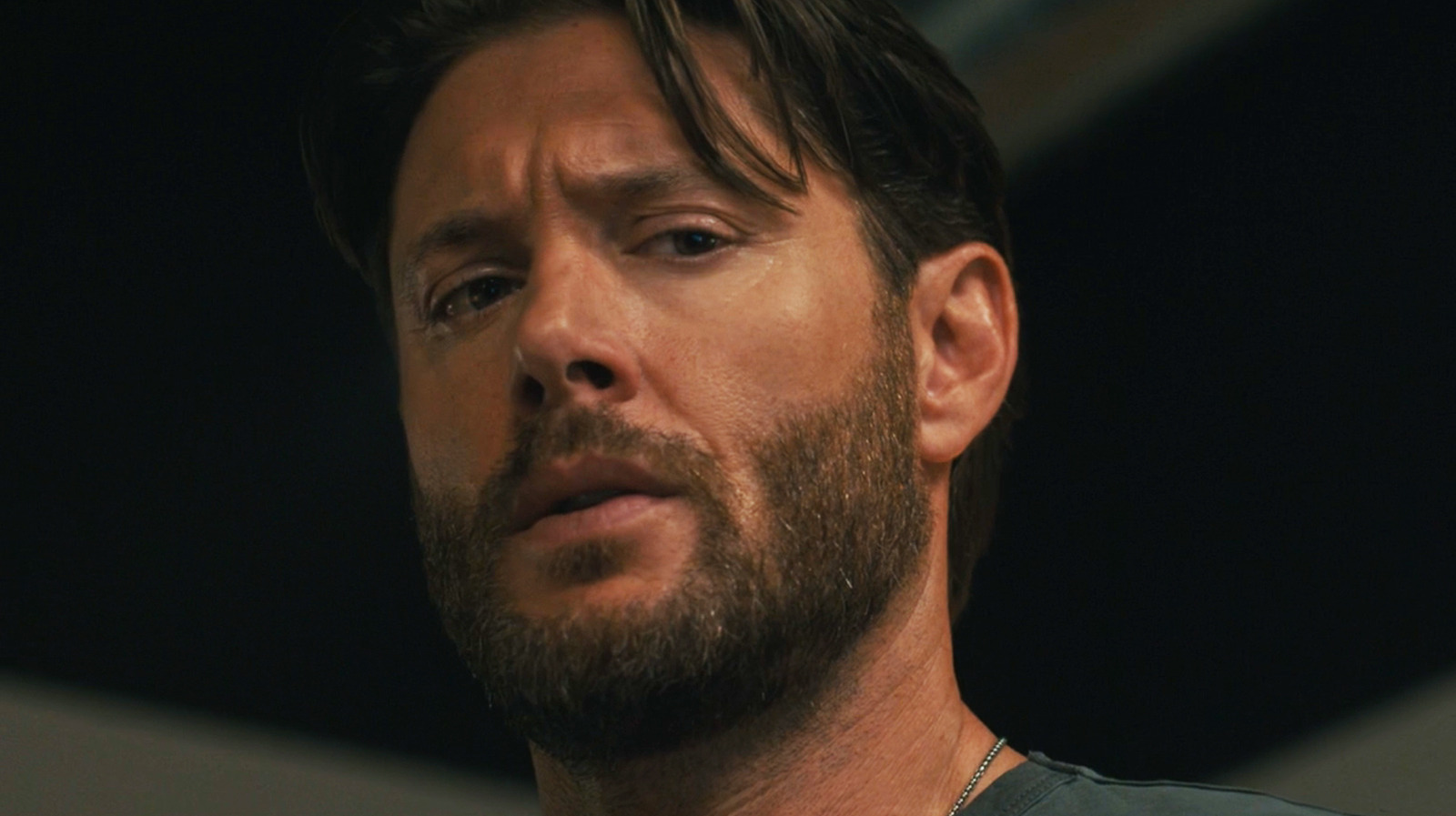



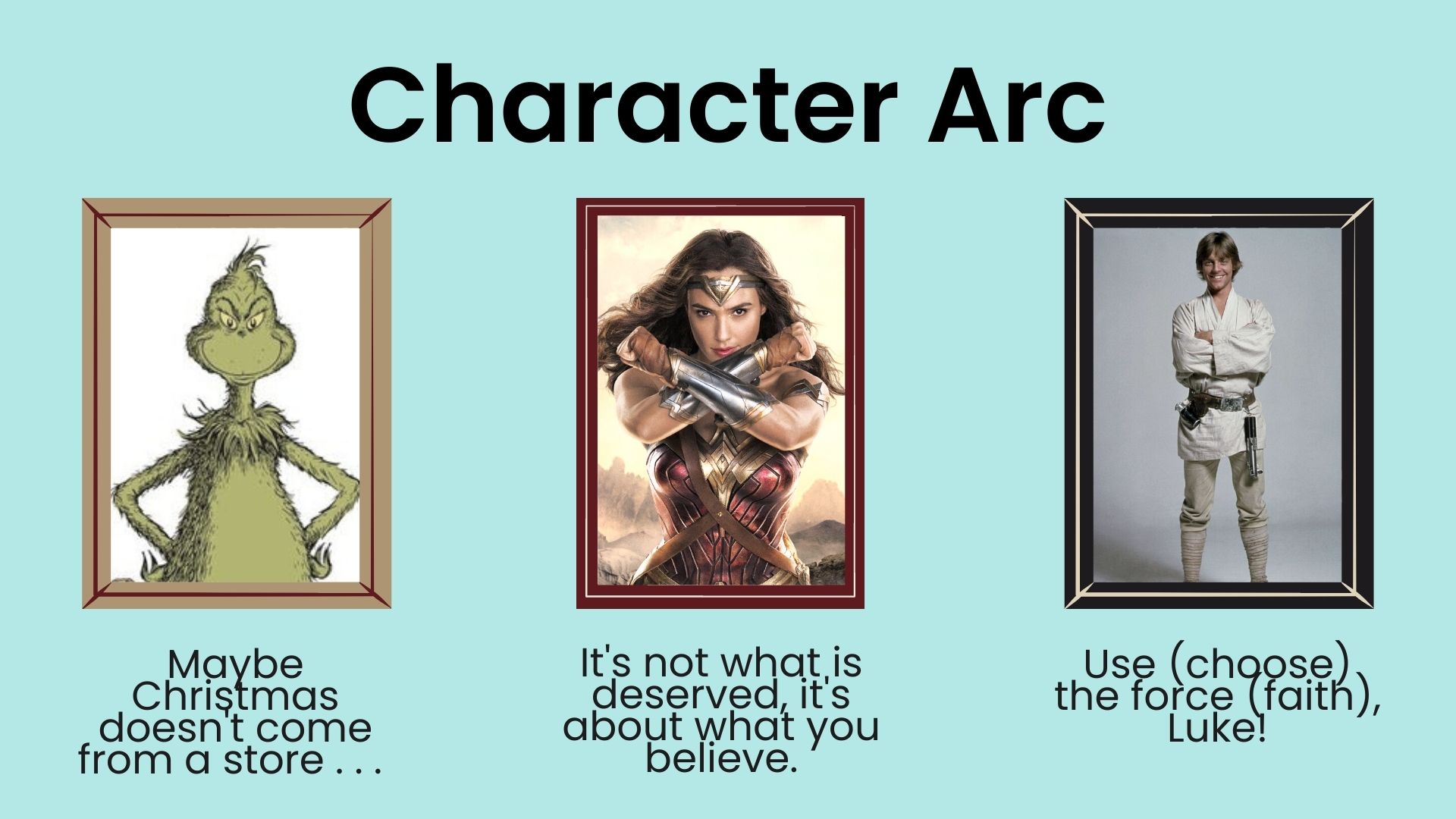
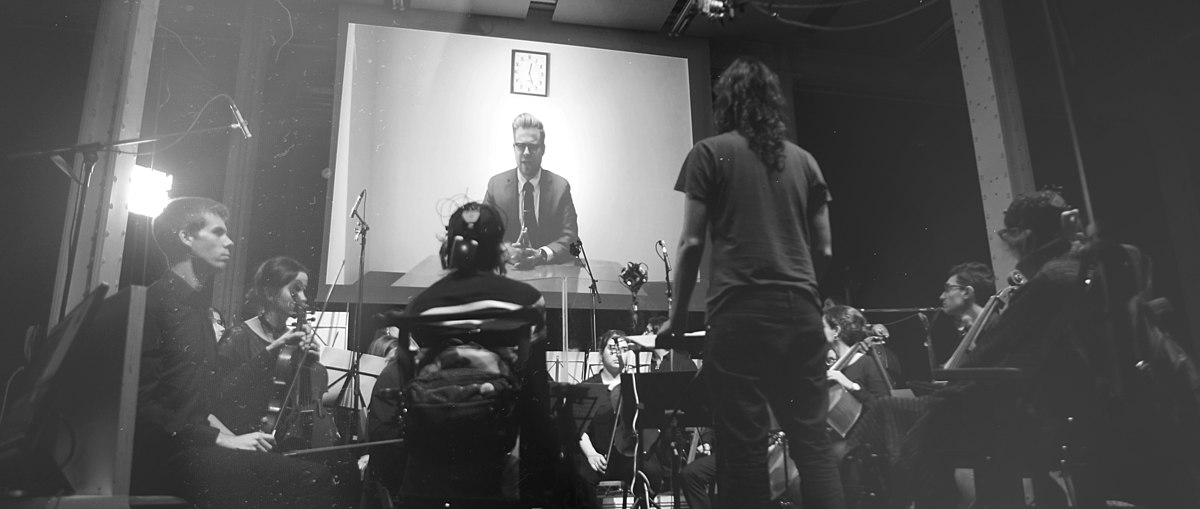

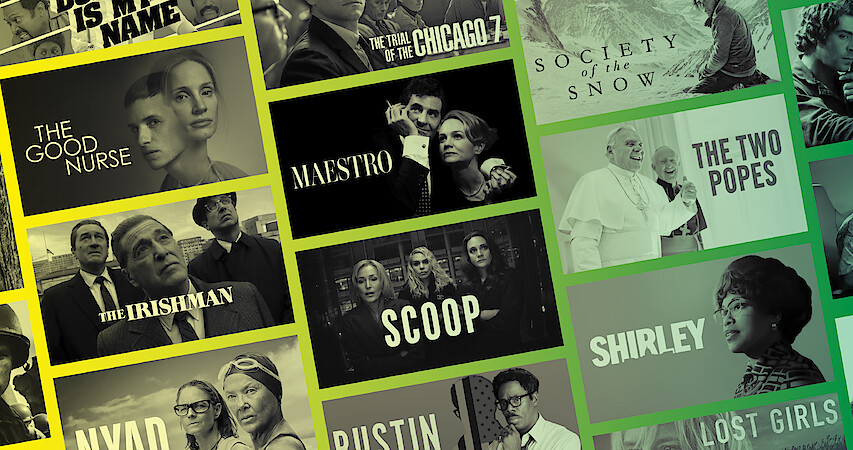
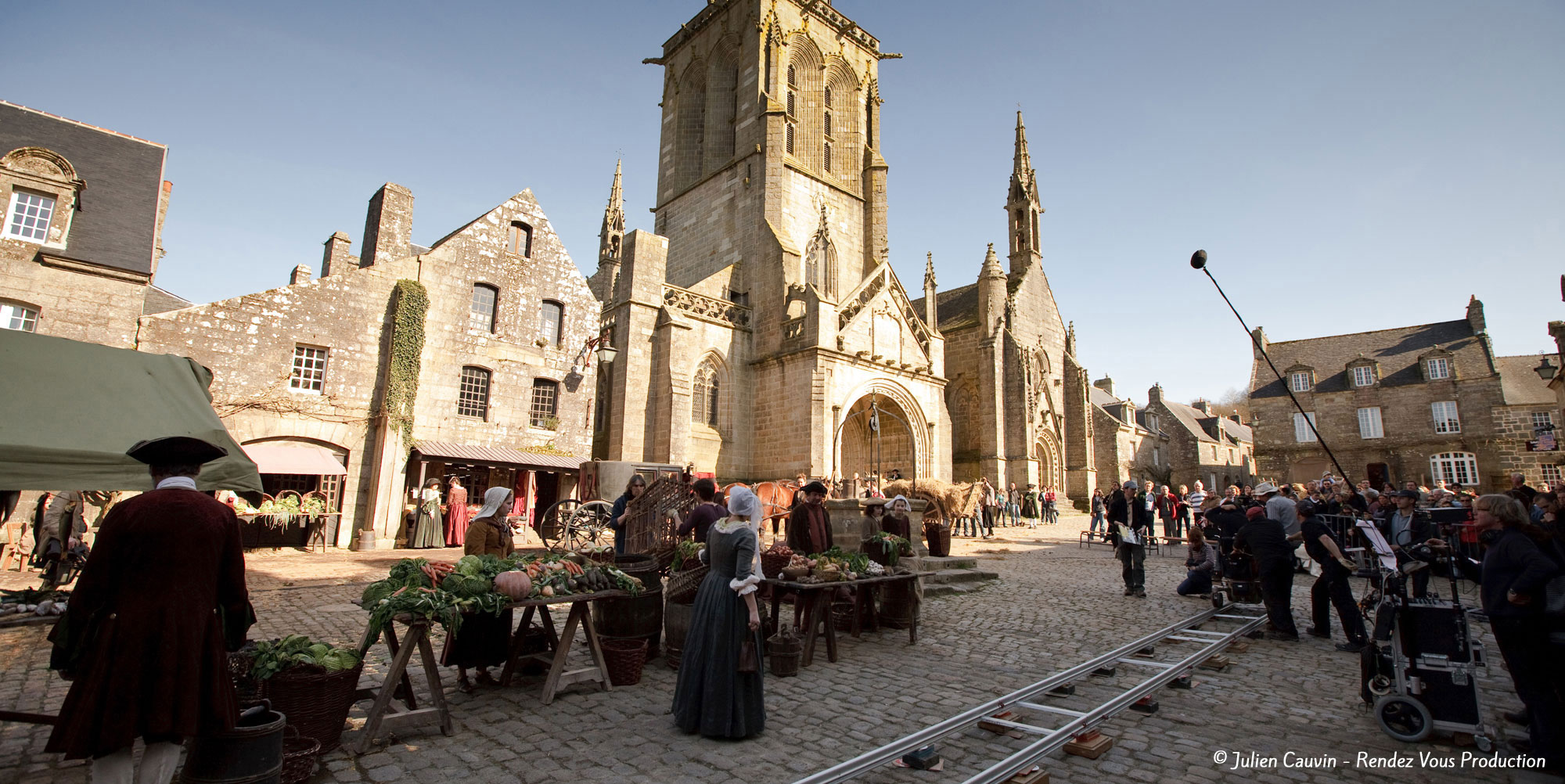
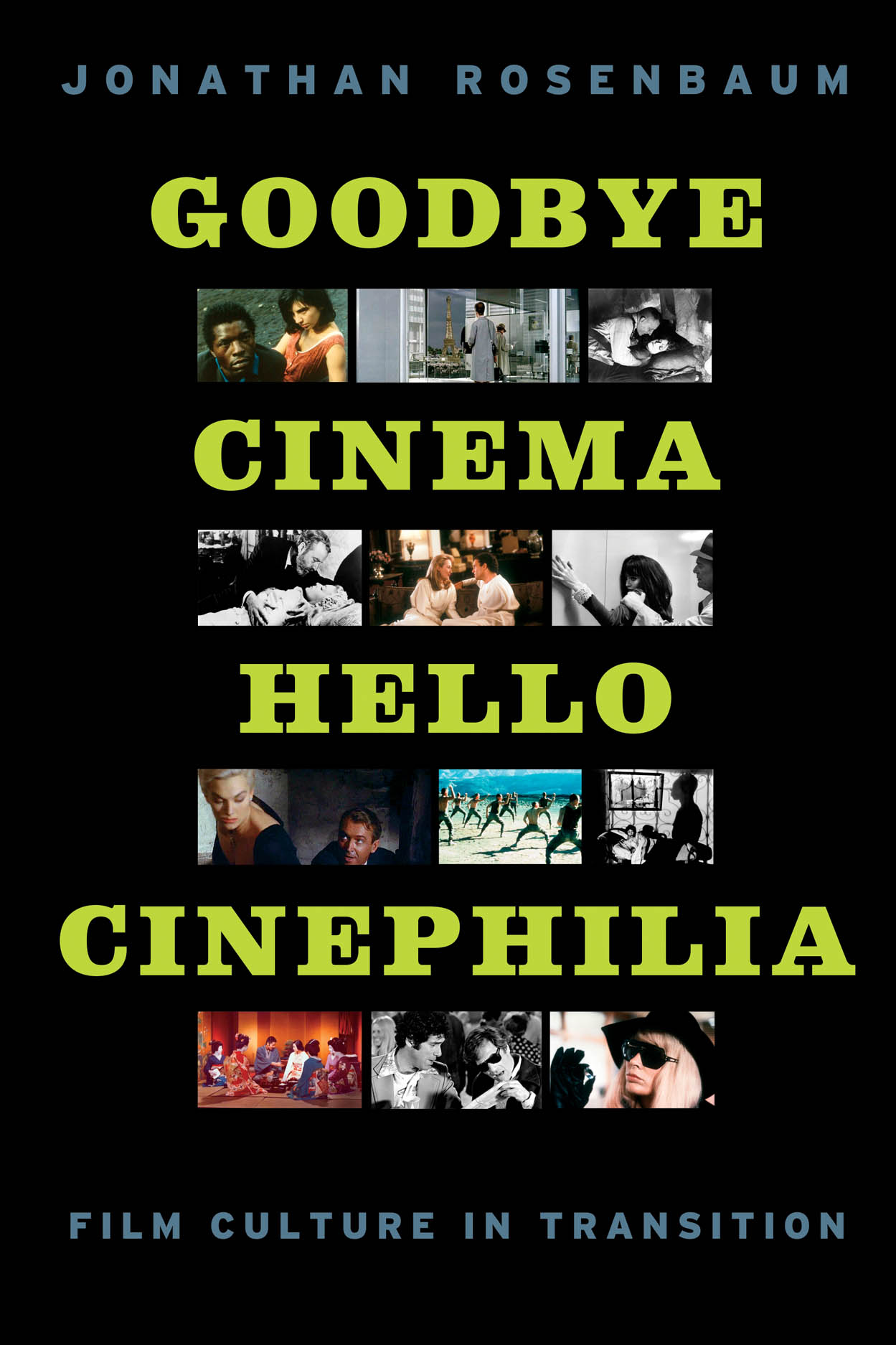

:max_bytes(150000):strip_icc()/film-photography-592347645-59e4d0609abed500119e7b14.jpg)
Comments